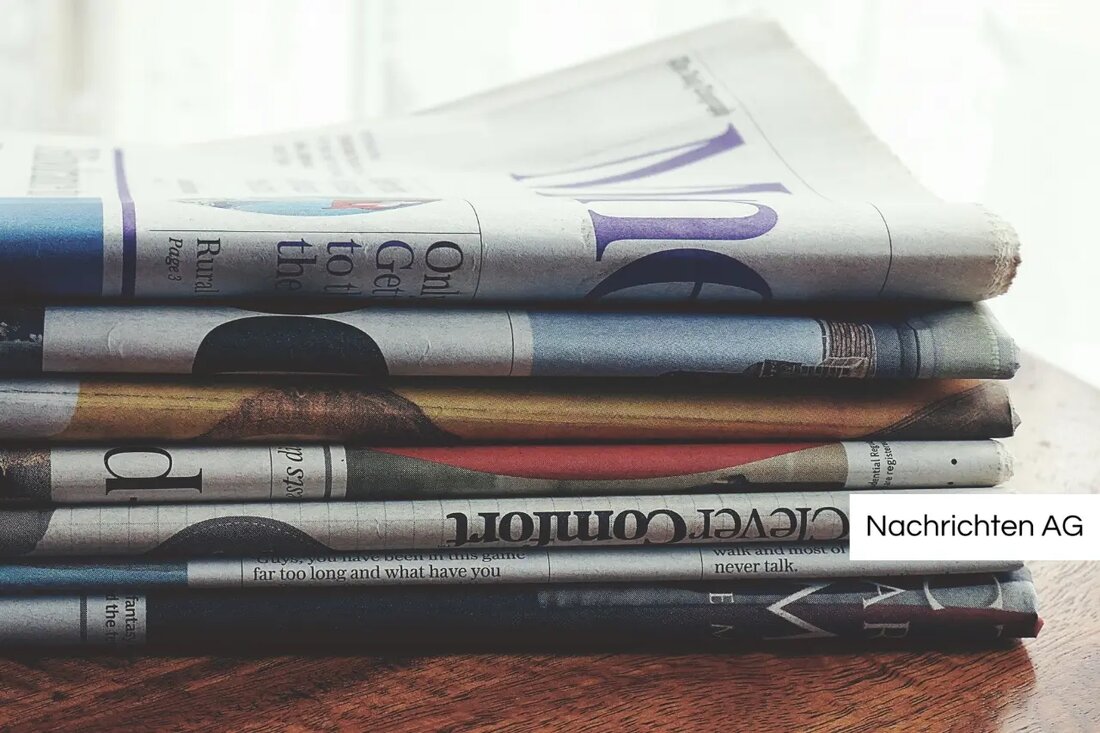Coffee prices explode: The end of coffee enjoyment is approaching!
Coffee prices explode: The end of coffee enjoyment is approaching!
The prices for coffee in Germany have experienced a dramatic increase in the past six months. This applies in particular to the Bad Hersfeld coffee manufacturer Capulus, which is the only roastery in the Hersfeld-Rotenburg district. According to [HNA], co -owner Wilfried Brähler reports on tripling the prices of some raw coffee varieties last year. The price of raw coffee was $ 1.92 per kilo in 2018, and has now increased to 4.25 euros.
The causes of this price increase are diverse: crop failures in large coffee producer countries such as Brazil and Vietnam, combined with increasing global demand, lead to continuing pressure on coffee prices. Holger Reichenauer, the chairman of the German Hotel and Restaurant Association of Waldhessen, points out that the effects of climate change also reduce coffee availability.
rising raw coffee prices
The roasted coffee prices for suppliers have increased by 20 to 30 percent. Capulus sells its roasted coffee from Brazil for around 26 euros per kilo, which means a price increase of 20 percent compared to the previous year. However, catering businesses try to increase sales through programs such as "coffee and cake" offers, but are faced with the challenge of not completely passing on the price increases to their customers.
In the Café House Adell in Rotenburg, operator Sophia Kaur reports from a price increase at a coffee price from 18 euros to 26 euros per kilo, while the sales price for a cup of coffee remains at three euros. Despite these increases, industry experts like Reichenauer do not expect prices to relax soon.
consumer and market development
In Germany, coffee consumption is high; Consumers drink an average of four cups of coffee a day. [SWR] reports that raw coffee prices in 2024 rose by 70 percent compared to the previous year. For 2025, another price increase of up to 30 percent is predicted for large packs. This could raise the price of a pound of branded branded coffee from an average of seven euros to over nine euros.
A survey shows that a quarter of Germans reduce their coffee consumption because of the price development. Especially in times when capsules and pads have become around 25 percent more expensive since 2020, the increase is an important problem. Tchibo suited Aldi Süd for price dumping last year, but the lawsuit was rejected.
sustainability and fair trade
Although the prices rise, coffee remains the best -selling product in the field of fair trade with a market share of almost six percent. [Tagesschau] reports that the total turnover with fair trade products exceeded the threshold of two billion euros for the first time. On average, the Germans spend almost 26 euros annually for fairly traded products.
Bettina von Talking by Fairtrade Germany warns of the long -term effects of climate change on coffee cultivation. Forecasts indicate that the current coffee cultivation areas could shrink by half by 2050. Conventional coffee cultivation strongly burdens the environment, which underlines the need for sustainable practices.
In summary, it can be said that coffee prices in Germany are not only influenced by economic and climatic factors, but also through consumer trends to fairly traded and sustainably produced coffee. In view of the changing conditions, the future of coffee cultivation and consumption remains exciting and challenging.| Details | |
|---|---|
| Quellen | |


Kommentare (0)